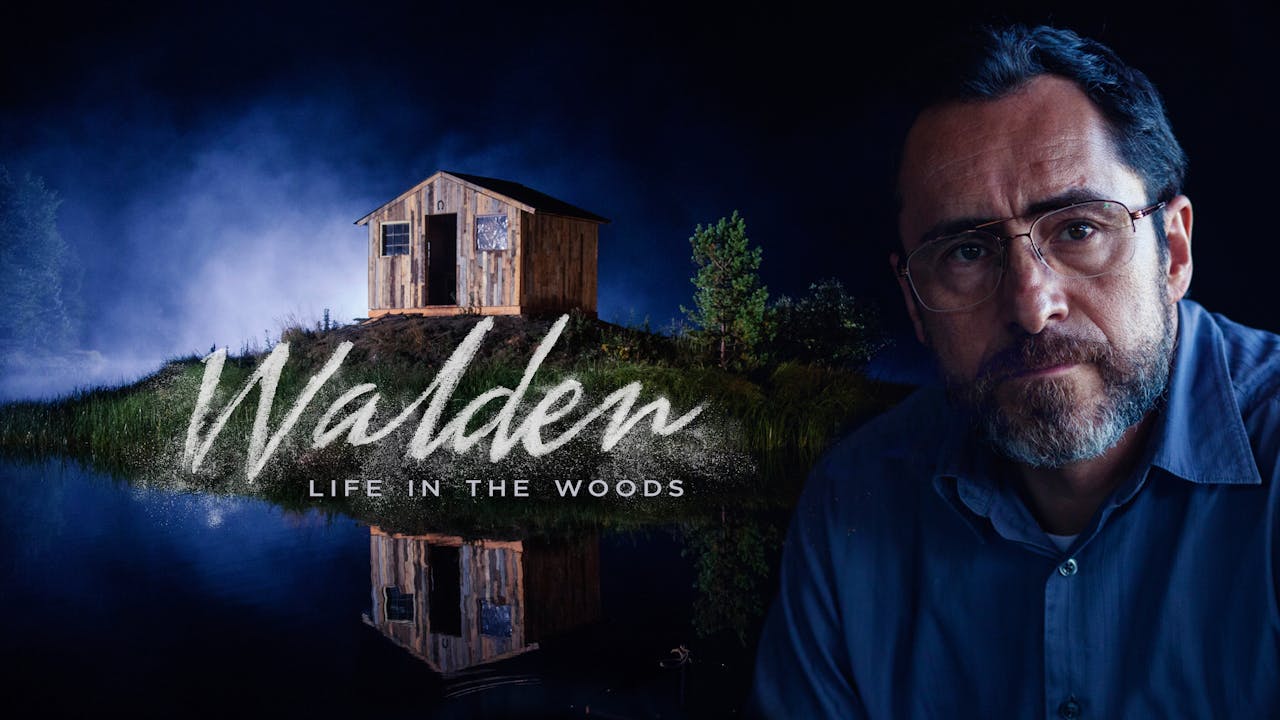Walden: Life in the Woods
This narrative feature film takes Henry Thoreau's book Walden and refracts it through three contemporary stories that present people in different stages of cutting themselves free from attachments. Each narrative corresponds to one of the three lenses Thoreau used to look at modern life: Solitude, Friendship and Society. The film asks questions about taking part or opting out, and what it feels like to do either. Who it hurts and who it helps when you push against the thing that's expected of you. In "Solitude," eighty-year old Alice plays detective of the soul, wading through her murky past, trying to uncover a core memory, which leads her to attempt to break free from the walls of her dementia—and her nursing home. In “Friendship,” Luke leads his partner Guy on a surreal journey into the Rocky Mountains as well as into parts of himself he dares not confront. In “Society,” family man Ramirez moves through the morass of a middle class existence—mortgage, health insurance, failing home appliances—and spends a biblically hilarious day navigating the bureaucratic inferno of civilized society. Throughout the day, the ordinariness of our characters’ minutes ticking by collides with sudden sublime and surreal interruptions. As Thoreau knew, intuition comes in glimpses and flashes, fits and starts. The three narratives have literal intersection, yet they merge most pointedly in the climax of the film in a moment of spiritual epiphany at three different "ponds." In moments of crisis, the characters confront what Thoreau thought was ultimately more profound than the wilderness: our inner wild.
-
Walden_ Life in the Woods (1)

